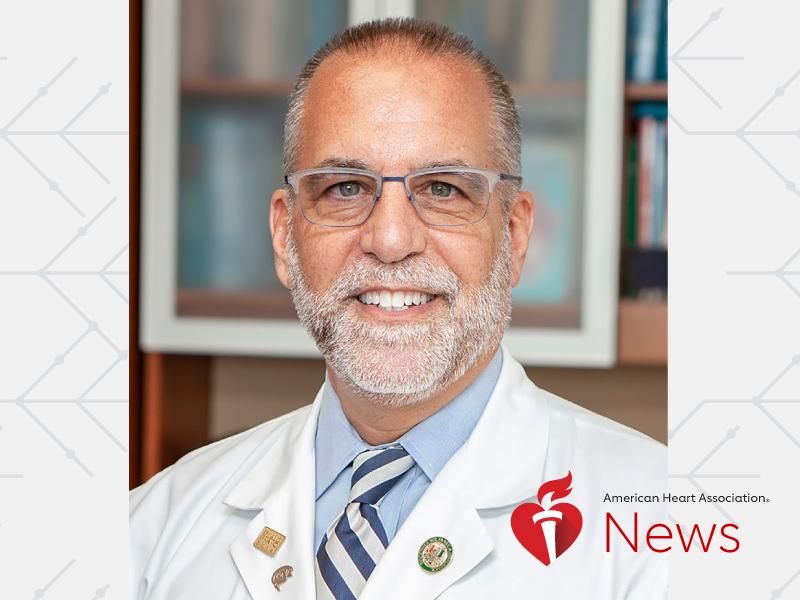
TUESDAY, Jan. 17, 2023 (American Heart Association News) — Between his first and second years of medical school, before he was certain about what he’d specialize in, Ralph Sacco landed a job alongside Dr. Philip Wolf. Sacco’s role included feeding punch cards into a machine, a tedious but necessary step in the rudimentary days of… read on > read on >


















